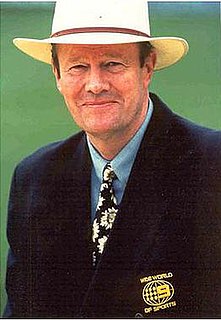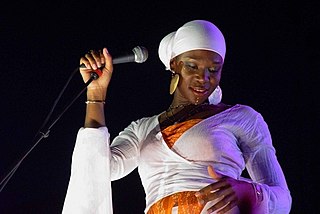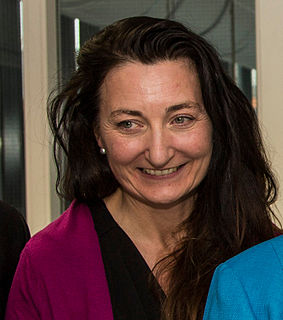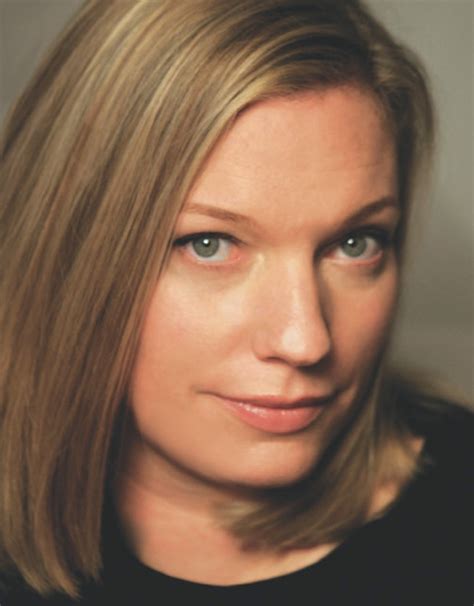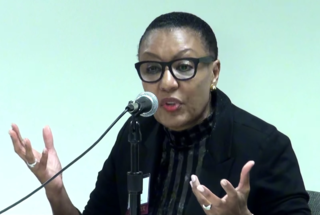A Quote by Betty Friedan
American women were frustrated in just the role of housewife - but they also managed to enlarge it. And they weren't just housewives, they were community leaders.
Quote Topics
Related Quotes
The suburban housewife - she was the dream image of the young American women and the envy, it was said, of women all over the world. The American housewife - freed by science and labor-saving appliances from the drudgery, the dangers of childbirth, and the illnesses of her grandmother had found true feminine fulfillment.
When 'Buffy the Vampire Slayer' premiered on the WB Network in 1996, American culture was in trouble. Americans were bowling alone, pursuing individual interests to the detriment of the communal good. Business leaders were celebrating creativity and neglecting discipline. Nike's 'Just do it' ads were teaching young people to break the rules.
I managed because of my mother. I managed because I'm strong. I managed the same way every other abuse survivor survives, you just do. So many people have been abused, it's not rare, it's a very common human experience, and we survive. Also, my music plays a big role in my thriving. Having an outlet, it really makes a difference.
Not many of us will be leaders; and even those who are leaders must also be followers much of the time. This is the crucial role. Followers judge leaders. Only if the leaders pass that test do they have any impact. The potential followers, if their judgment is poor, have judged themselves. If the leader takes his or her followers to the goal, to great achievements, it is because the followers were capable of that kind of response.
For me, the word 'housewife,' because of, like, the 'Real Housewives' - I don't think housewife really means what it used to mean. To me, it's been a little bit overused to the point that it's not as loaded as it might be. I feel like in a perfect world we would say 'American Mom with Kids,' or something like that. 'Mom with Small Children.'
I had very supportive parents that made the way for me, even at a time when there were very few women - no women, really; maybe two or three women - and very few, fewer than that, African-American women heading in this direction, so there were very few people to look up to. You just had to have faith.
It just struck me as really odd that there were all of these conversations going on about what young women were up to. Were young women having too much sex? Were young women politically apathetic? Are young women socially engaged or not? And whenever these conversations were happening, they were mostly happening by older women and by older feminists. And maybe there would be a younger woman quoted every once in a while, but we weren't really a central part of that conversation. We weren't really being allowed to speak on our own behalf.




